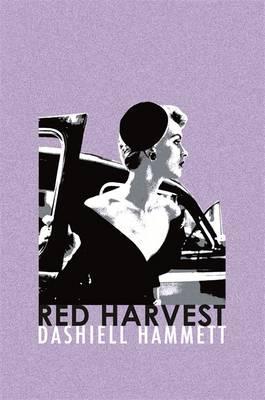The main difference between Red Harvest and the crime novels that came before it is the relationship between the detective and the criminal world. In Agatha Christie’s novels, they are firmly separate. The detective has nothing to do with the criminal(s) until confronting them at the very end. In Red Harvest, the Continental Op becomes heavily involved with the criminal world, interacting with the very people he’s trying to stop. Though still on a mission to take them down, he nevertheless witnesses murders and other criminal activity without stopping them, and even kills people himself. It’s very much the ancestor of modern day ‘gritty’ police dramas and crime novels.
The legacy of Red Harvest is in film as well as literature. Akira Kurosawa seemingly drew influence from it for his 1961 film Yojimbo, which was later remade into A Fistful of Dollars. However, the book itself has never been adapted except for the 1930 film Roadhouse Nights, which changed too many things to be considered a real adaptation. This seems strange, since the story would work well on film. It’s pacy and engaging, and contains enough incident to sustain a film if one were to be made.
Did it make me want to read more crime novels? It certainly made me curious. I’ve always enjoyed mysteries, and there’s few more intriguing than the whodunnit. However, it’s not going to be something I’ll ever gravitate to. I find that they don’t stay with me as much as other books do, because once the solution is clear, there’s not a lot left to take from it. Red Harvest was an exception, though. It’s a book with something to say about corruption and violence, and one that I know will stay with me where others haven’t.
Review by Charlie Alcock

 RSS Feed
RSS Feed
